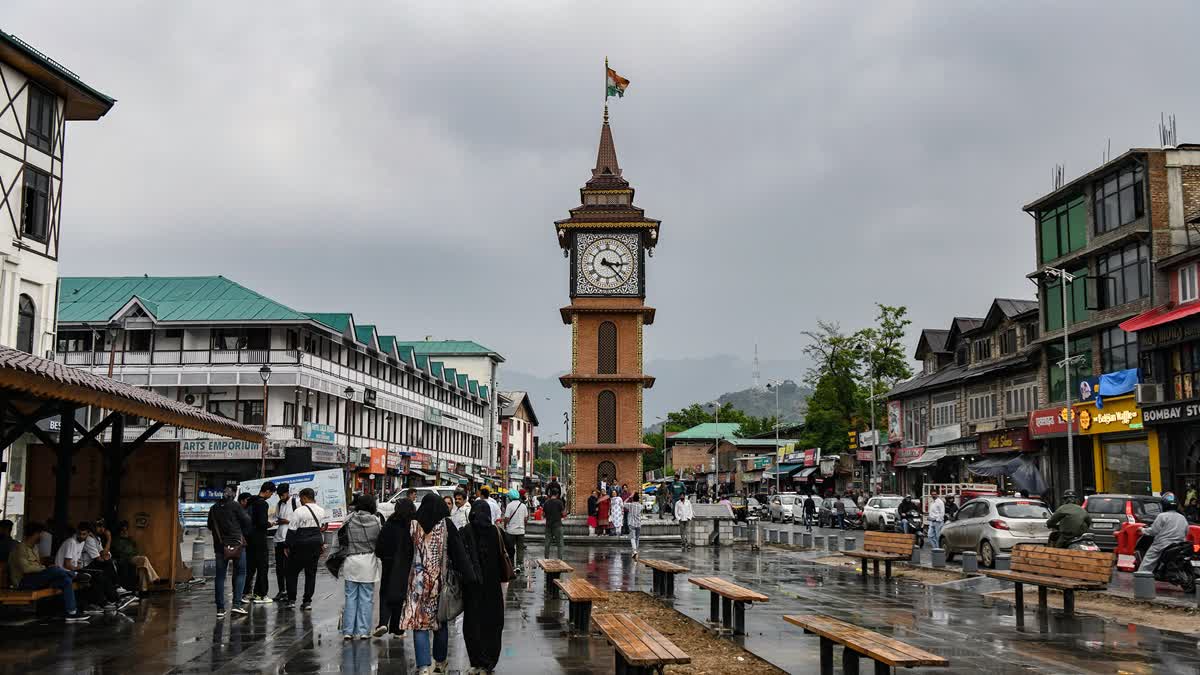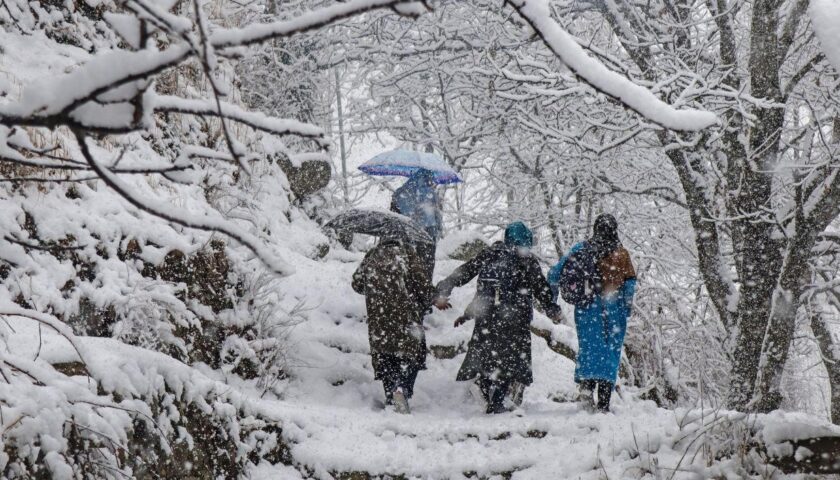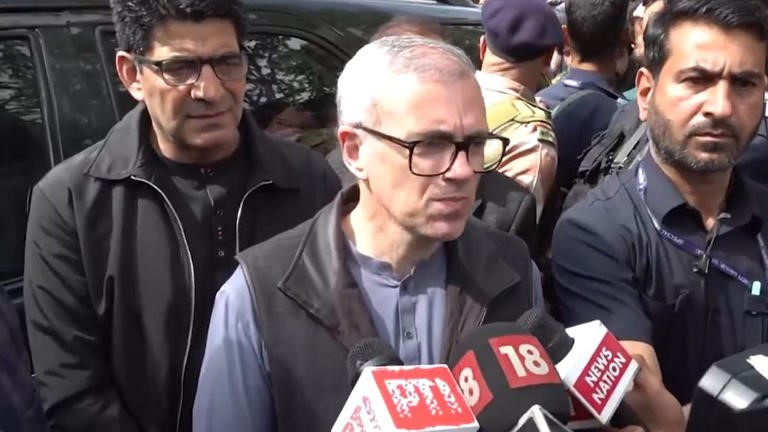Two Landmark Cases Could Reshape Post-Article 370 Governance in Jammu & Kashmir
By: Javid Amin | 14 Aug 2025
Jammu & Kashmir’s political and legal landscape is witnessing an unprecedented convergence of court battles and political manoeuvring, with two critical cases unfolding simultaneously:
-
The Supreme Court hearing on a petition demanding time-bound restoration of statehood
-
The J&K High Court challenge to the Lieutenant Governor’s nomination of five MLAs
These cases — while legally distinct — are deeply connected in their implications for democratic representation, federalism, and constitutional balance in the Union Territory.
The Supreme Court’s Statehood Showdown
The Petition
Filed by Zahoor Ahmad Bhat, an academic, and Khurshaid Ahmad Malik, an activist, the plea urges the Centre to restore statehood to J&K within two months.
The petitioners argue that:
-
Prolonged Union Territory status undermines federalism, part of the Constitution’s basic structure
-
The Supreme Court’s December 2023 verdict upholding the abrogation of Article 370 also directed statehood restoration “at the earliest”
-
Peaceful Assembly and Lok Sabha elections prove the region is ready for full statehood
The Bench
A two-judge bench — Chief Justice B R Gavai and Justice K Vinod Chandran — is hearing the matter.
Political Undercurrents
While the petitioners frame this as a legal urgency, political leaders like Sajad Lone have voiced concerns over “Tom, Dick, and Harry” access to the Supreme Court on matters of such constitutional gravity. Lone argues that the proper forum to demand statehood is the Legislative Assembly, not through individual petitions, and has urged the CM to allow a resolution on statehood to be passed in the Assembly.
The MLA Nomination Battle in the High Court
The Challenge
Congress leader Ravinder Sharma has petitioned the J&K High Court, questioning the constitutionality of five MLAs nominated by the LG without the advice of an elected government.
Key Arguments:
-
Nominations exceeded the Assembly’s sanctioned strength of 114 seats (90 elected + 24 PoJK reserved)
-
Appointments were made without Cabinet approval, violating parliamentary norms
-
Such actions could tilt legislative majorities, affecting governance integrity
Legal Representation
Sharma is represented by Dr. Abhishek Manu Singhvi, a senior Supreme Court advocate.
The Centre maintains the LG acted within powers granted under the J&K Reorganisation Act, 2019.
Next Hearing: September 26, 2025 before Justices Sanjeev Kumar and Rajesh Sekhri.
The Common Thread: Federalism vs. Central Control
Although one case is about statehood restoration and the other about legislative appointments, both challenge the scope of the Centre’s authority over J&K.
In the Supreme Court case — the question is whether the Centre can indefinitely delay restoring a state’s constitutional status.
In the High Court case — the issue is whether the LG can exercise powers normally reserved for a democratically elected Cabinet.
Together, these cases test:
-
The limits of LG discretion in a legislature-led UT
-
Whether court directives on political questions can be enforced without elected institutions’ input
-
How far Article 239A-like provisions can be stretched in the J&K context
Political Fault Lines and Strategy Battles
Sajad Lone’s Stand
The JKPC chief has issued a sharp critique:
-
Warns against letting unelected individuals define J&K’s political future via courts
-
Advises the CM to stop persecuting opposition and to call an emergency Assembly session to pass a statehood resolution
-
Reminds leaders that “what matters with BJP is not what they tell you, but what they don’t”
Opposition Unity?
So far, there’s no common platform bringing together NC, PDP, Congress, and PC on a single legal-political strategy. Lone’s call for a common front reflects growing frustration with fragmented approaches.
What Happens Next — Possible Scenarios
-
If SC issues a time-bound order on statehood:
The Centre may have to introduce enabling legislation in Parliament, potentially ahead of winter session. -
If HC strikes down MLA nominations:
Could lead to by-elections or changes in legislative arithmetic, strengthening the Assembly’s independence. -
If both cases favour the petitioners:
J&K could see an accelerated return to statehood with tighter restrictions on LG powers. -
If both go in Centre’s favour:
The status quo could persist, with the LG retaining strong discretionary powers and statehood delayed indefinitely.
The Larger Constitutional Question
These twin cases raise an enduring question:
How should constitutional democracy handle regions transitioning from statehood to UT status and back?
The answers will define not just J&K’s governance, but also set precedents for any future Centre–State power reconfigurations in India.




